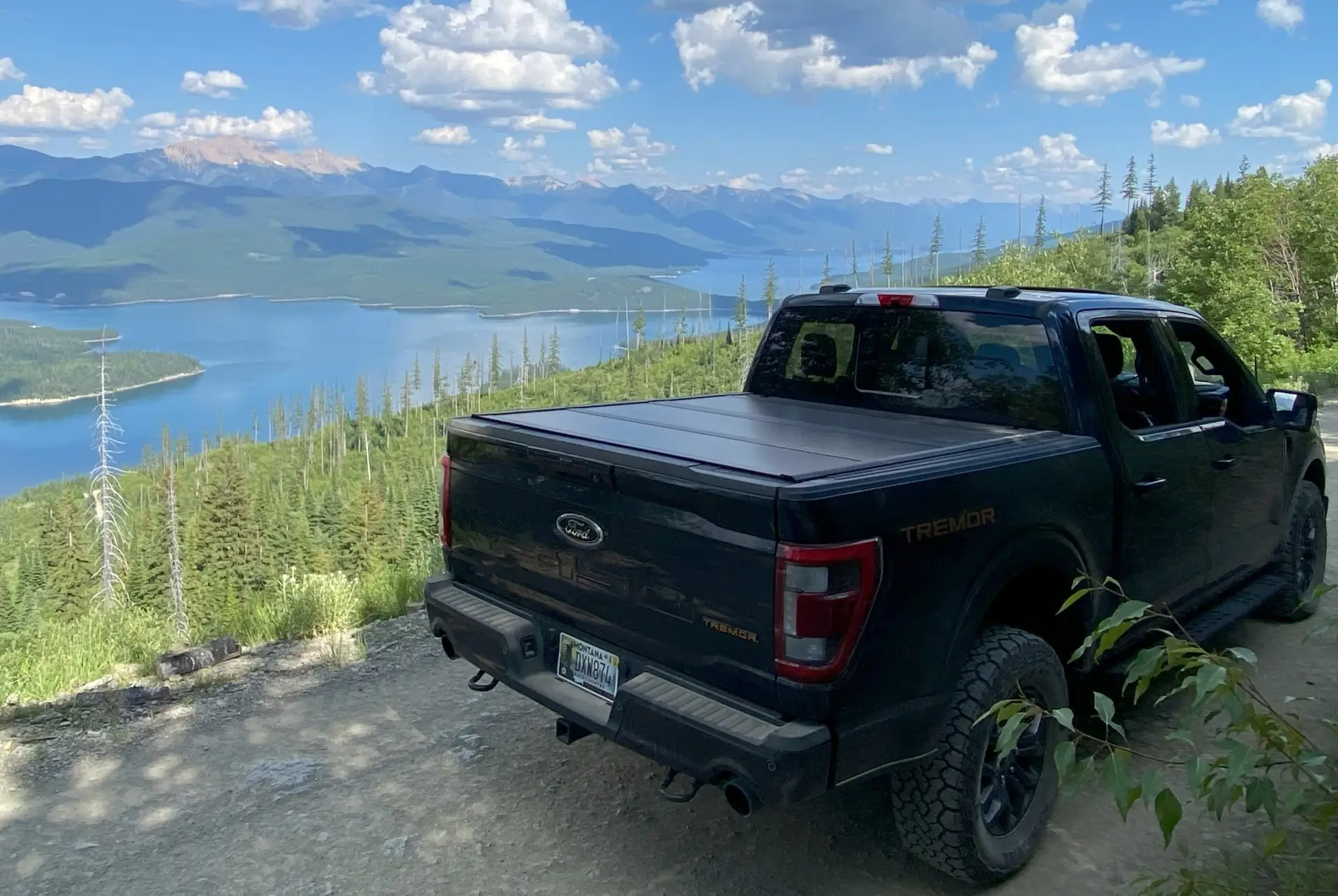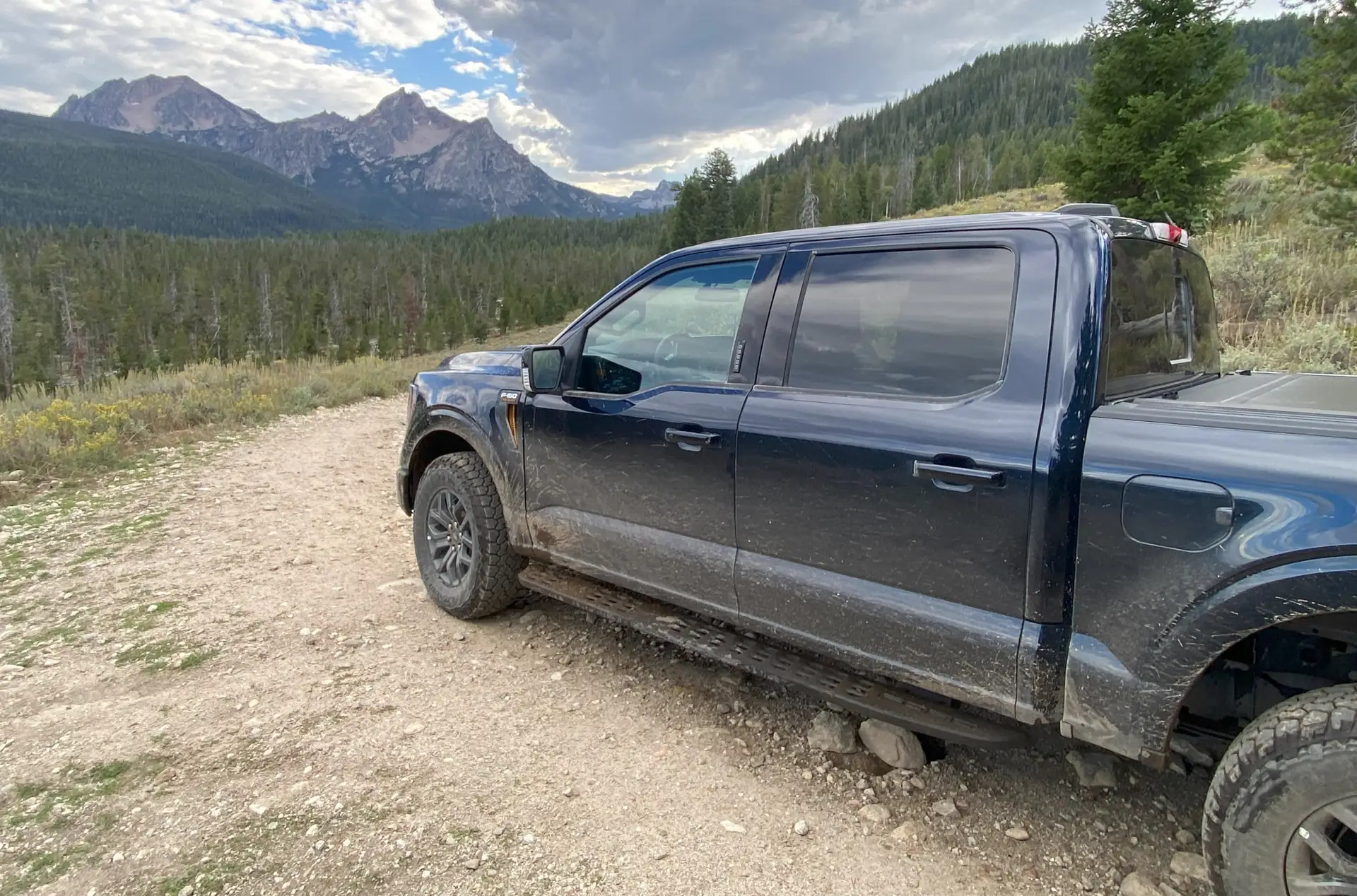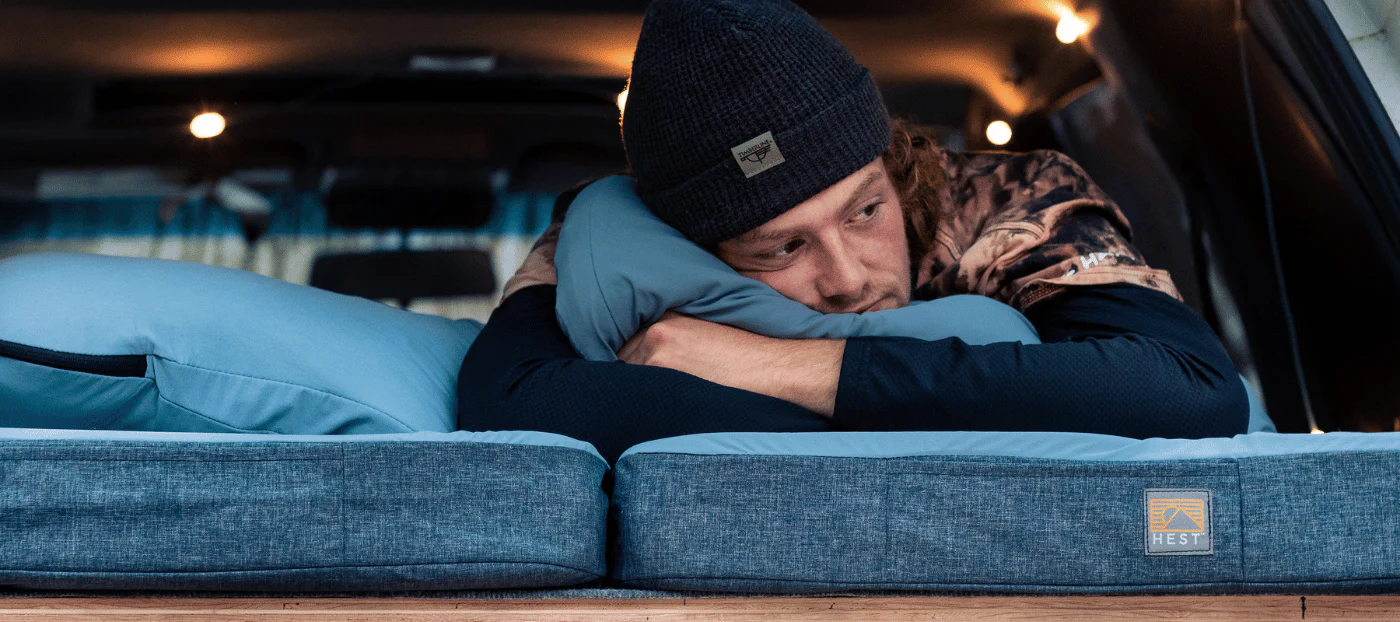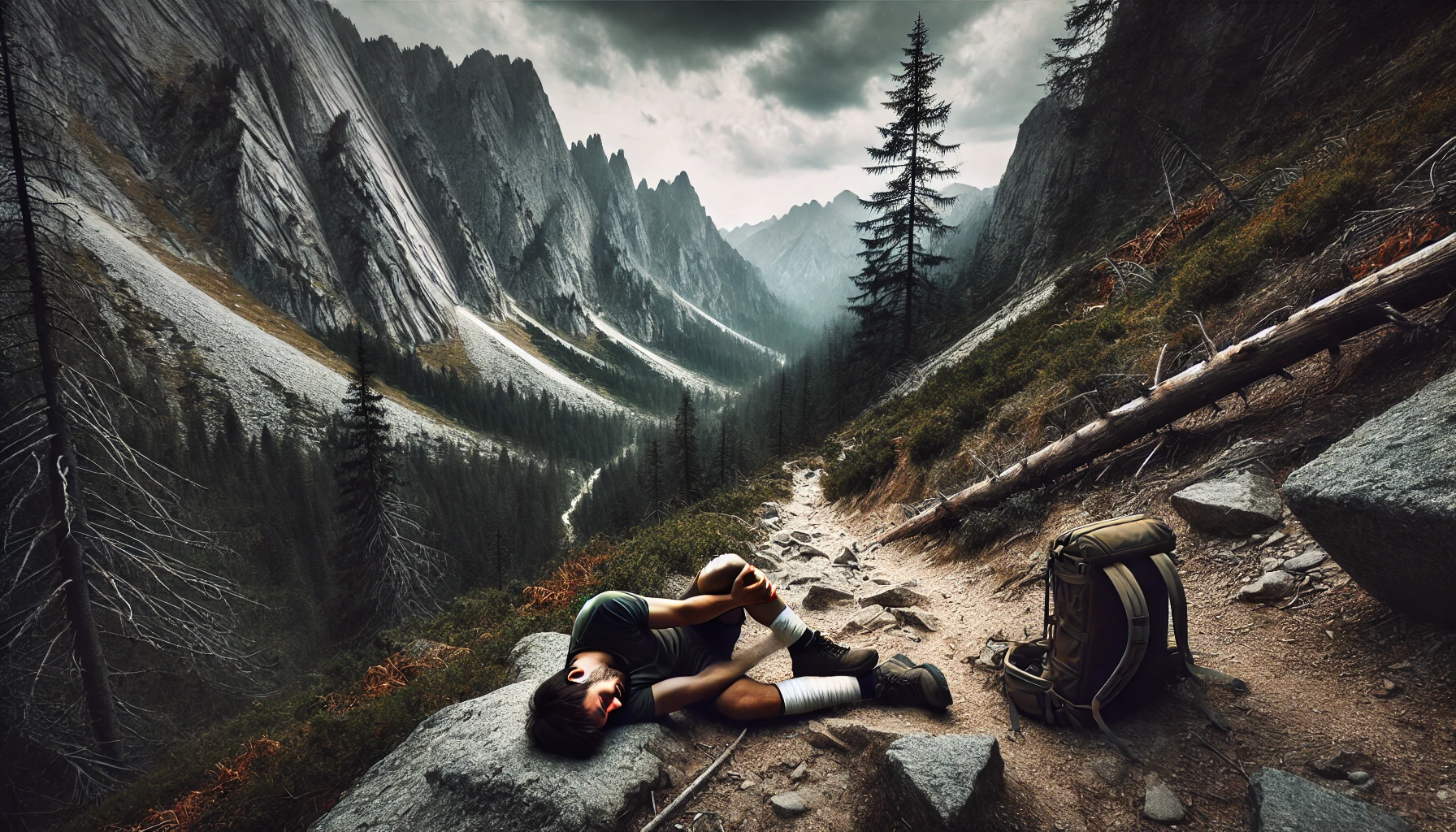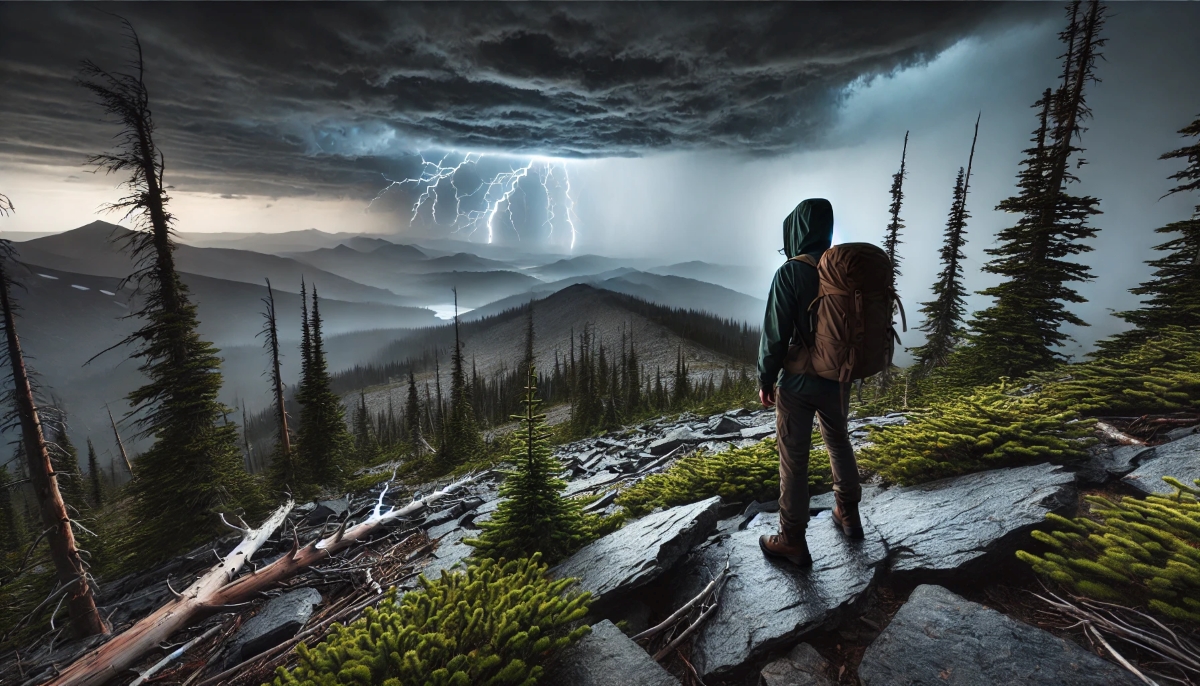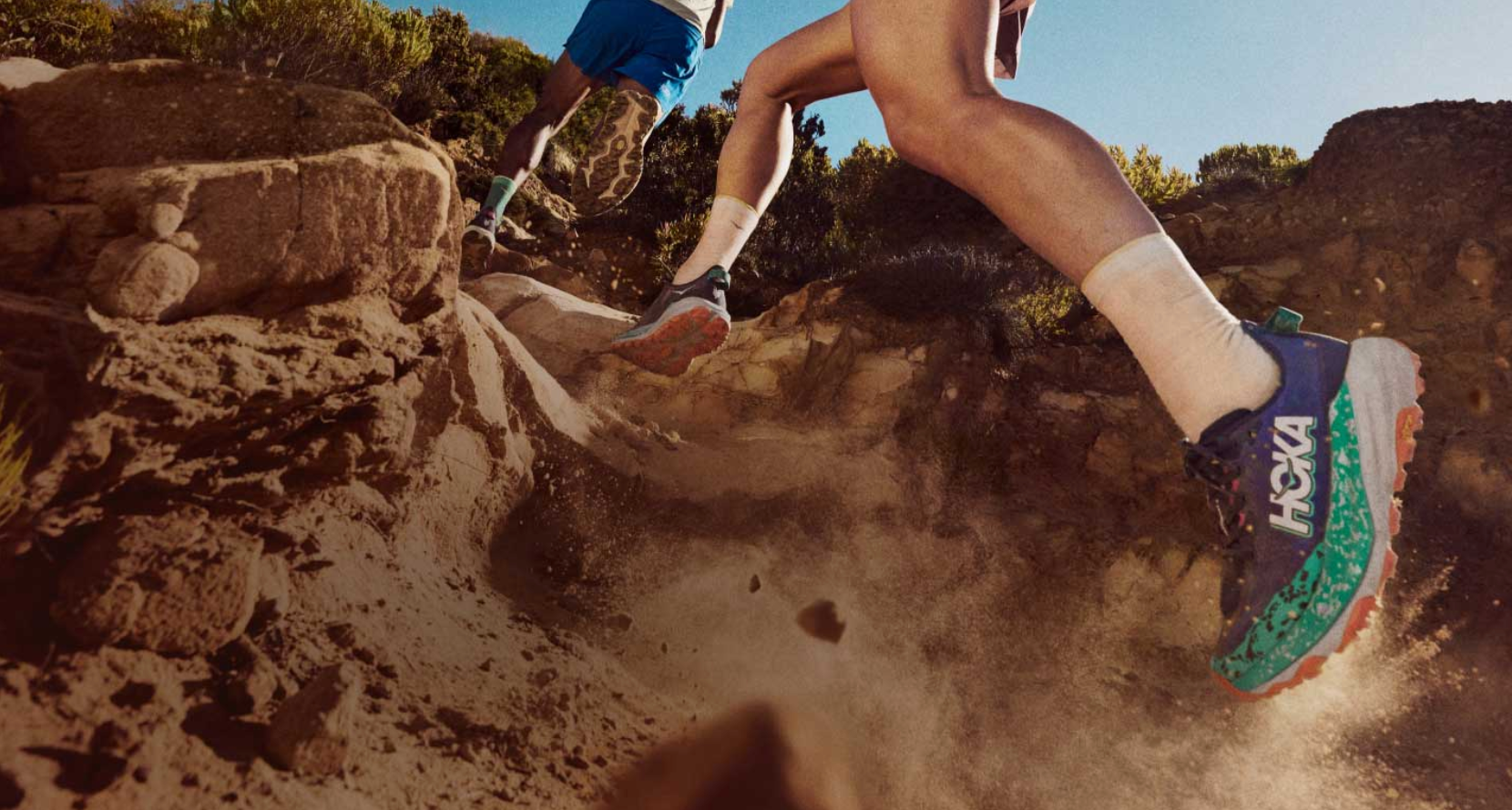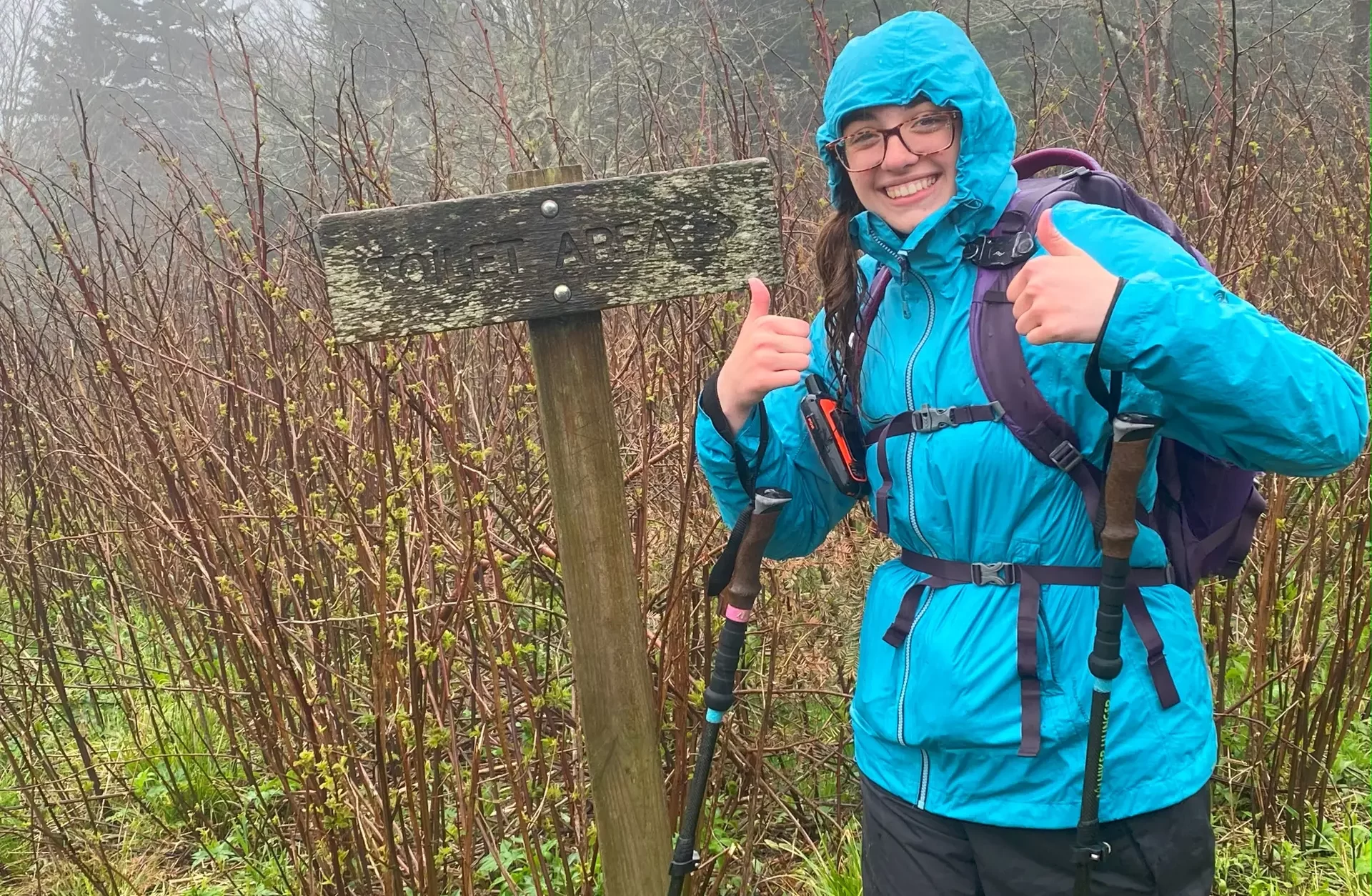
The 10 Essentials of Hiking: Your Ultimate Guide to Safe Adventures
Hiking is a great hobby that allows you to connect with nature, challenge yourself mentally and physically, and explore areas that many people who are unwilling to put in the effort will never see. However, it’s crucial to be well-prepared to ensure your safety and comfort on the trail. Whether you’re a seasoned hiker or a beginner, having the right gear can make all the difference. Here are the 10 essentials you should bring on every hike.
1. Navigation Tools
Two sets of navigating tools: Technology today makes navigating on trails a breeze. Smartphones, smartwatches, GPS devices, and traditional map and compass methods all help you stay on track. I recommend having a backup no matter which method of navigation you choose. Smartphones can run out of battery or get damaged, as can smartwatches and GPS devices. Maps and compasses can be lost. Always have a primary and backup method of navigation and know how to use them. You don’t want to end up a headline on the news or worse.
2. Sun Protection
Sunglasses, Sunscreen, and Hat: Protecting yourself from the sun’s harmful rays is crucial, even on cloudy days. Sunglasses protect your eyes, sunscreen prevents sunburn, and a wide-brimmed hat shields your face and neck.
3. Insulation
Extra Clothing: Weather conditions can change rapidly, especially at higher elevations. Utilizing a layering system is the key to success. Being able to add and remove layers will help keep you comfortable. In addition to layers, never hike without rain gear. There is no faster way to hypothermia than getting soaked. Plus, rain gear can help keep you warm by adding a windproof layer to your system.
4. Illumination
Headlamp: Even if you plan to hike during daylight, carrying a headlamp is essential. It can help you navigate in low-light conditions or if your hike takes longer than expected. Don’t forget extra batteries! I started a hike in the Spring Mountains National Recreation Area in Nevada once. It ended up taking much longer than I anticipated, so I had to hike out at night. If I hadn’t had my headlamp, it could have been a much more challenging situation.
5. First Aid Supplies
First Aid Kit: A small first aid kit can help you treat minor injuries and ailments on the trail. Include bandages, antiseptic wipes, tweezers, pain relievers, and any personal medications you might need. You don’t have to overdo it, but you want to be prepared for basic first aid.
6. Fire
Fire Starter: Being able to start a fire can be life-saving in an emergency. Carry waterproof matches or a lighter. You may also want to carry a couple of fire starters to make the process easier in an emergency. Knowing how to safely start a fire is equally important.
7. Repair Kit and Tools
Multi-tool or Knife: A multi-tool or knife is invaluable for gear repairs, food preparation, and other tasks. Include repair items like duct tape, safety pins, and zip ties in your kit.
8. Nutrition
Extra Food: Pack more food than you think you’ll need, in case your hike takes longer than planned. High-energy snacks like nuts, dried fruit, energy bars, and jerky are lightweight and easy to carry.
9. Hydration
Water and Purification: Staying hydrated is crucial. Carry enough water for your hike and consider bringing a portable water filter or purification tablets in case you need to refill from natural sources. I personally carry a Sawyer Squeeze. I was hiking in Tennessee once, and the mileage information I had was off by five miles. I ended up running out of water and didn’t have my water filter with me. I was hiking next to a river the entire time but didn’t have a way to purify the water. After that experience, I decided I would never hike without my filter again.
10. Emergency Shelter
Shelter: An emergency shelter like a lightweight tarp, bivy sack, or space blanket can protect you from the elements if you’re stranded overnight or in bad weather. For day hikes, I carry a space blanket since it is inexpensive, lightweight, and very effective.
Conclusion
Hiking can be a rewarding and enjoyable hobby, but preparation is key. Every year, people get themselves into trouble while day hiking because they aren’t adequately prepared. They can get injured, lost, or underestimate the level of effort or time required to complete their hike. They might run out of water, get caught in extreme weather, or find that their day hike turns into a situation where they need to survive overnight or longer. Having the right gear with you can make the difference between life and death. Stay safe and happy hiking!
Matt Vittal
Matt is a software engineer living in Northwest Montana. He is an avid outdoorsman who spends his free time hiking, backpacking, camping, hunting, and fishing.
